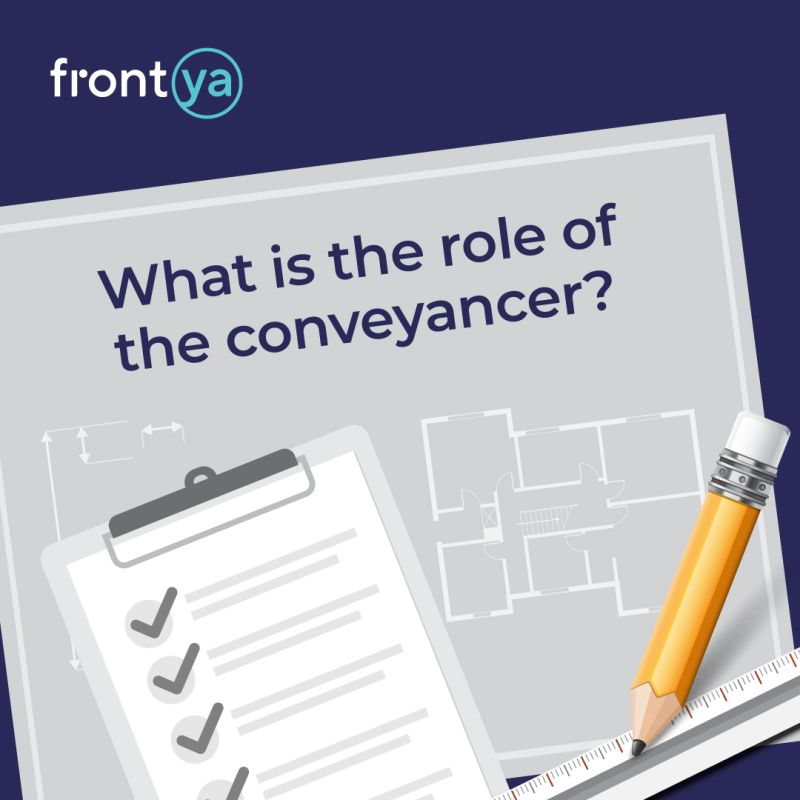The 4-Minute Rule for Conveyancer
The 4-Minute Rule for Conveyancer
Blog Article
Excitement About Conveyancer
Table of ContentsConveyancer Things To Know Before You BuyOur Conveyancer DiariesThe Best Strategy To Use For ConveyancerGetting My Conveyancer To Work
The costs are levied according to the Law Culture's tariff standards. A Conveyancer should: In any way times protect the rate of interest of his/her customers and based on the signed Sale Arrangement; Keep all celebrations informed of the progression on their deal and educate both events of the conveyancing procedure and processes; Encourage the events on the conditions of the Sale Agreement, particularly relating to suspensive problems and obligations; Recommend the vendor on the termination of his bond, any type of fines, notice periods and other administrative costs which may affect the settlement figure; Acquire the vendor's created instructions before he/she, as the Conveyancer, problems any type of warranties in regard of the transaction; Do everything in his/her power to register the transaction on or as close as possible to the day accepted in the Sale Agreement; Recommend both parties on their responsibilities in regards to their Sale Agreement, so as to ensure that the transfer is not delayed unnecessarily; Meet both celebrations to authorize the suitable documents connecting to the purchase Prepare the acts for lodgement with miraculous treatment, so regarding make sure that they reduce the threat of a being rejected of the documents by the relevant Actions Computer system registry; Notify both celebrations of the transfer on the date of registration; Account to both celebrations for funds connecting to the deal within two/ three days following successful enrollment of the purchase in the suitable Actions Pc registry.It becomes part of your conveyancer's job to coordinate a negotiation time with the opposite's legal representative, during which time the property is formally transacted and all paperwork and cheques are turned over. Upon settlement, your conveyancer will reach you and/or your property agent to validate negotiation and permit tricks to be handed over.
No person wishes to experience a difficult or frustrating circumstance when you should simply be thrilled for your next step. This is where conveyancing can assist the process to relocate along effectively. The duty of a residential or commercial property conveyancer is to handle this legal procedure of moving the ownership and title of a residential or commercial property from the vendor to the purchaser.
Attorneys often have a range of areas they have knowledge in, with conveyancing probably being a field they don't practice in usually. The benefit of making use of a residential property conveyancer is that home purchases are what they accomplish regularly. They recognize the procedure in and out and are extremely acquainted with it, making certain all relevant paperwork is provided and the procedure is exact and prompt.
Unknown Facts About Conveyancer

Nonetheless, selecting an option for no various other reason than it's cheaper might cause more troubles in the long-term with an inaccurate or ineffective service. Search for a fixed cost solution so you know precisely what the procedure will certainly cost you and whether it fits right into your organized spending plan. Recommendations from good friends or household, or reading on the internet testimonials can additionally serve in discovering an experienced and efficient conveyancer.

Conveyancing lawyers and certified conveyancers both manage the conveyancing procedure. A residential property lawyer will commonly often tend to have experience in various other lawful locations also.

How Conveyancer can Save You Time, Stress, and Money.
They liaise with various parties, including the estate representative, seller's conveyancer, and local authorities. The conveyancing procedure starts when a deal on a home is approved.
The customer's solicitor will certainly ensure the buyer is informed regarding the paperwork and lawful obligations. This phase entails discussing the conveyancing expenses and describing the building information type. Being educated can prevent unforeseen problems as the procedure unfolds. Residential property searches offer an objective in the conveyancing process. The purchaser's lawyer arranges these checks to expose potential problems with the property.
Neighborhood authorities could give understanding right into close-by future advancements that might impact the home's value. A residential or commercial property's title deeds stand for a historic document of its possession.
The Ultimate Guide To Conveyancer
As soon as a deal is accepted, the vendor's solicitor prepares a draft agreement. This contract pack consists of crucial records like the residential property information kind, the leasehold information kind, and the fittings and materials form. The customer's conveyancer examines these to make certain all the paperwork is consistent with assumptions. At this stage, residential property law factors to consider arise, from shared accessibility rights to what components feature the home.
On the other hand, if the vendor withdraws, they encounter penalties. Both parties settle on a completion day following the exchange - Conveyancer. On this day, the buyer pays the staying balance, and the vendor moves the residential or commercial property secrets. There's commonly a void in between exchange and conclusion for purchasers to finalise details or make plans.
Report this page